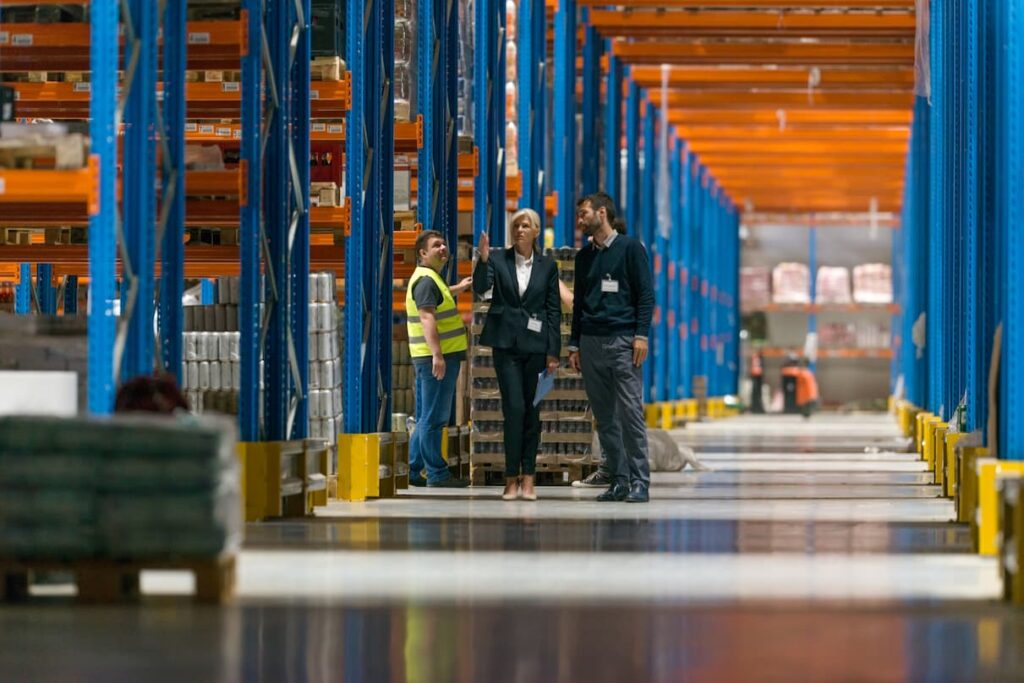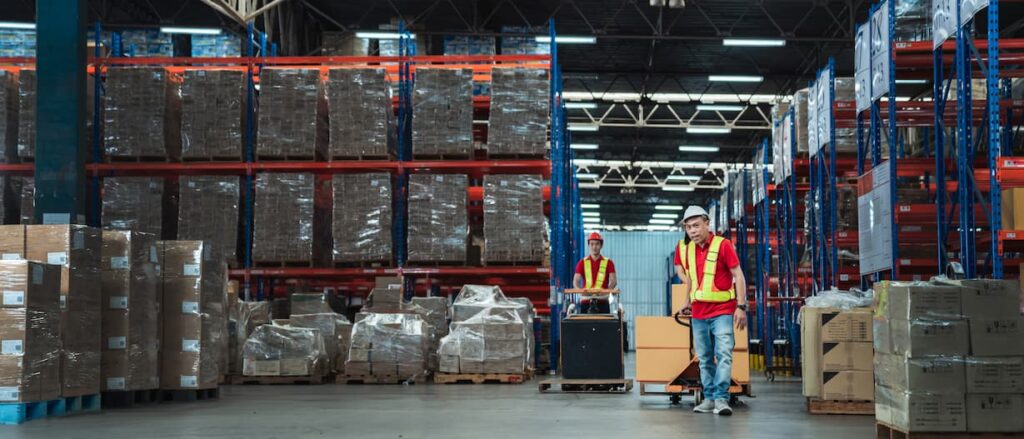Storage of goods in a customs warehouse
We offer the service of secure, digitised and fully professional storage of goods in customs warehouses approved by the customs and revenue authorities and under their strict supervision. Our bonded warehouses are located in strategic locations, facilitating the movement of goods and reducing logistical costs. Thanks to the well-dense network of customs warehouses we offer, we organise transport more efficiently than our competitors and our customers are able to respond to changing market needs faster than others.
We have an advanced Warehouse Management System (WMS) programme at our disposal, thanks to which the client has exact information on the quantity of specific goods that are stored in the customs warehouse. At every stage of cooperation, entities storing goods in ASL customs warehouses can count on the support and advice of our experienced staff.

What is a customs warehouse? What is the storage of goods in a bonded warehouse?
Goods for which we wish to defer payment of customs and import-related taxes (VAT, customs, excise duties) may be placed in a customs warehouse. Thus, these are goods that have been physically imported from abroad and placed in a warehouse, but are formally still ‘abroad’. There is no time limit for the storage of goods in customs warehouses. While goods are stored in a customs warehouse, goods can be released from the warehouses in batches as required. By placing goods in a customs warehouse, re-exporting them is also facilitated.What is the difference between a bonded warehouse and a temporary storage facility?
A bonded warehouse, although similarly organised, differs from a temporary storage warehouse (check ASL’s offer: temporary storage warehouse). We place goods in a bonded warehouse when we want to postpone payments related to their import. This is a convenient solution for companies, especially those involved in international trade, to take care of liquidity, especially when importing large quantities of goods. We can market goods as demand for them increases or when exchange rates are convenient. Bonded warehousing is often a tool to manage the risks associated with currency fluctuations between importing and marketing the goods. Storing large quantities of goods in one place streamlines logistics and means that if there is a sudden surge in demand for a commodity, it can be brought to market quickly.
A temporary storage facility, on the other hand, is used to store imported goods when there are formal obstacles to declaring them (most often the lack of appropriate documentation, but also often the need for additional checks, i.e. sanitary inspections).
*Fulfilment of customs formalities and completion of all documents required for international transport by road, air, sea and combined transport lies within the scope of our comprehensive logistics services – check out: customs and transport tax advice on offer at ASL.
We are also specialised in supporting foreign trade companies in the import and export of goods in Poland, Europe and around the world.


 Contact
Contact 